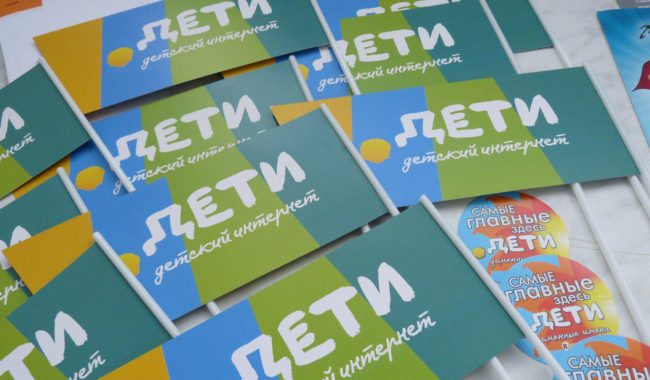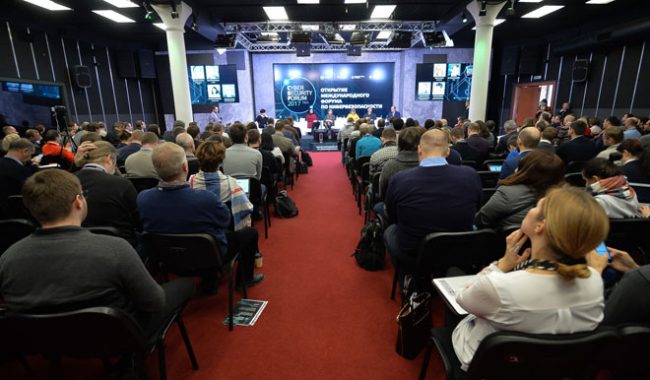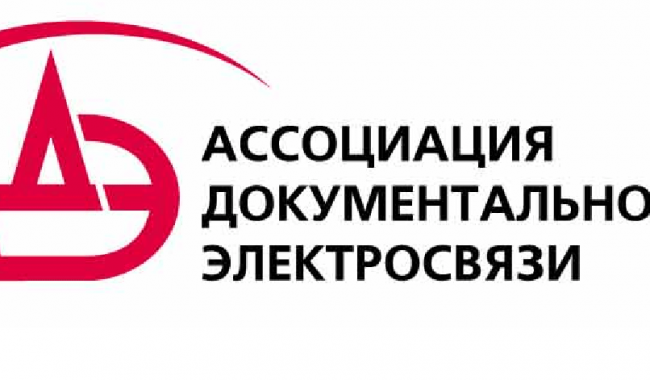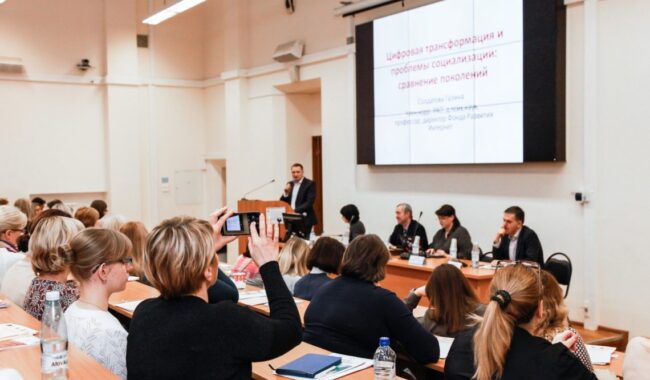Deputy Director of the Smart Internet Foundation Irina Daneliya has been re-elected to the Board of Directors of the Council of European National Top-Level Domain Registries (CENTR).
The 59th CENTR General Assembly has ended in Zurich, Switzerland. It involved representatives from the administration of the .ДЕТИ domain – the Smart Internet Foundation.
The event included elections to the CENTR Board of Directors. Deputy Director of the Smart Internet Foundation Irina Daneliya, who joined the Board of Directors in 2016, was re-elected for another two years.
“CENTR is a unique community with broad expertise, exchanged by members of the association through various mechanisms: General Assembly meetings, workshops, research and reviews. In my work, I will rely on the principles that formed the basis for the successful activity of CENTR and determined the leading position of the council in creating a stable global domain industry. I will continue to listen attentively to the opinion of all members of CENTR and will base my efforts to build work inside CENTR on trust and mutual benefit,” Irina Daneliya said after the election.
For more information about the projects that CENTR implements, the council’s structure and Russia’s participation in its work, read an interview that Irina Daneliya gave to the Internet in Numbers magazine:
in-numbers-30_irina-danelia_in-the-centrOne of the main topics of the 59th CENTR General Assembly was cracking down on illegal content on the internet. Participants highlighted the role that the registries of country top-level domains can play in this case. Executive Director of CENTR Peter Van Roste gave a presentation to this subject. In the report, he spoke about the main principles on which CENTR’s work in this area is built.
“We believe that information security and trust in the network are key conditions that allow the internet to remain a platform for innovation, creativity and economic opportunities. In this case, ccTLDs registries, maintaining a vital infrastructure for the whole economy, do not control the content and cannot determine whether the hosted content violates any laws. It is necessary to approach the issue of combating illegal content step by step, with respect for all fundamental rights and freedoms. This should be accompanied by the publication of open and transparent rules of regulation,” Peter Van Roste said. He also noted that CENTR members were interested in working closely with the law enforcement agencies of their countries within the area of their responsibility.
The report focused on correct WHOIS data, with the help of which it is possible to obtain data on the engagement of a domain name or IP-address. According to the speaker, if WHOIS data prove to be incorrect, CENTR members will do their best to improve their accuracy and make changes to the terms of the agreements.
Peter Van Roste also addressed the pressing problem of domain name removal: “CENTR recognizes that removing a domain name has far more extensive consequences than restricting access to the site, so this procedure should be treated as carefully as possible, taking into account all the circumstances. But in some cases, if the law of a country allows it, top-level domain registries can remove domains without a court decision.” He emphasized that an obligatory part of the domain name removal process should be publically notifying the authorities of the instance, and that secretly notifying the authorities is considered unacceptable.



